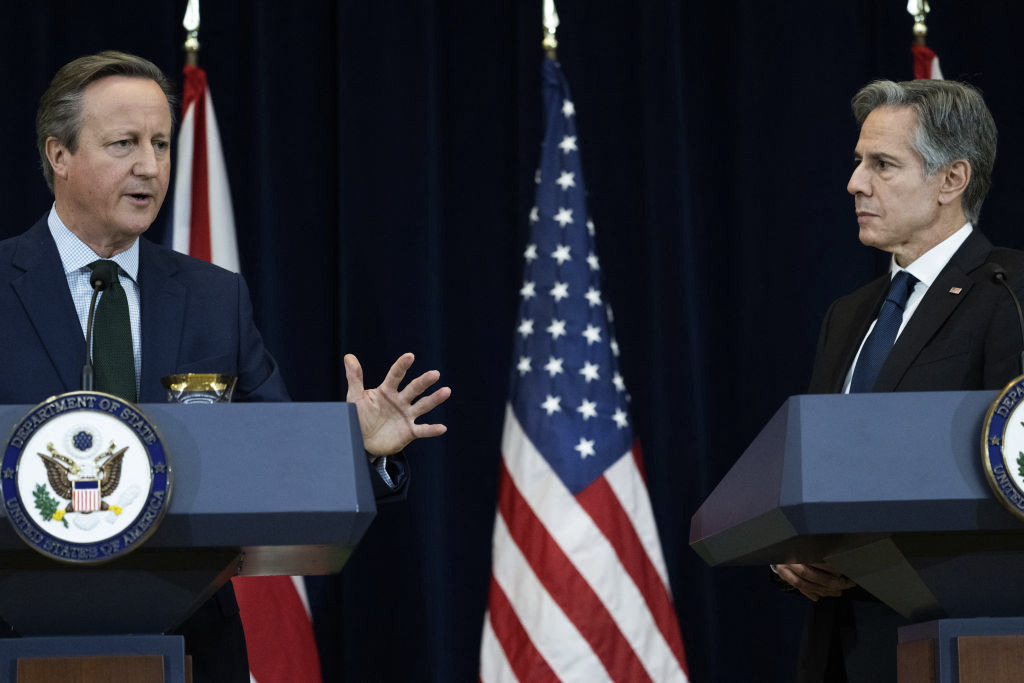Escalation Towards an Independent Terrorist State
by Nils A. Haug • March 3, 2024 at 5:00 am
Both US Secretary of State Antony Blinken and UK Foreign Secretary David Cameron reveal their simplistic, and somewhat imperialist, Western approach to a complex Middle Eastern situation, irrespective of the aims and intentions of the two parties chiefly involved: the radical Islamists of Gaza and the West Bank, and the State of Israel itself.
"They [Hamas] told us in all of their statements that their charter is to destroy Israel and exterminate the Jews. Other countries have said the same thing. It's also in the Houthis' charter. It's in Iran's direct messaging. I think that when they tell you they want to kill you, you should believe that. I think that's the lesson." — Safra Catz, CEO of Oracle, ynetnews.com, February 24, 2024.
Realistically, the Palestinian claim to Gaza is based on tenuous grounds. Gaza is not the traditional homeland of the so-called Palestinian people. They are simply a collection of nomadic Arabs who forged that identity for political expediency. This arrangement was openly stated by the late PLO executive committee member, Zoheir Moshen, in an interview with James Dorsey for the Dutch newspaper Trouw, on March 31, 1977: "The Palestinian people does not exist. The creation of a Palestinian state is only a means for continuing our struggle against the state of Israel for our Arab unity. In reality today there is no difference between Jordanians, Palestinians, Syrians, and Lebanese. Only for political and tactical reasons do we speak about the existence of a Palestinian people since Arab national interests demand that we posit the existence of a distinct 'Palestinian people' to oppose Zionism."
Even if a political compromise were reached over Gaza, or, the "1949 Armistice Line" as in the revised 2017 Hamas charter, the violent struggle for control over the rest of Israel, particularly the West Bank -- the "heart" of Israel -- will persist.

The hard truth is that for millennia, the land of Israel, whether occupied by Jacob's tribes or others, has been the domain of countless generations of Israelites. The vast majority of Israel's citizens, and many Jews in the diaspora, understand their rights to retain their homeland after escaping 400 years of slavery in Egypt. At its core, the debate over this tiny area of land is founded on three primary factors: spiritual, national, and political. In the result, the conviction of the majority populace is that not one square inch of the current boundaries of Eretz Yisrael (the Land of Israel) can belong to anyone who might harm them again, although people of peace are always graciously allowed to reside among them.


